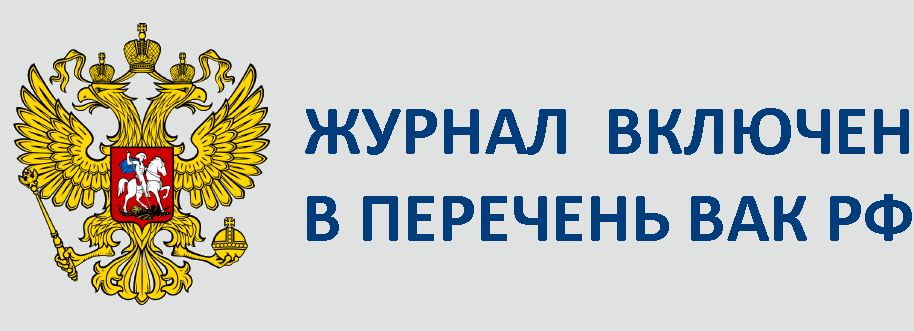№4-2023-15
DOI: 10.22281/2413-9912-2023-07-04-146-152
Sinegubov S.N., Shilov S.P., Zavorokhina N.S.
«MODUS VIVENDI» OF GERMAN SHIPBUILDING COMPANIES IN THE RECEIPT OF RUSSIAN MILITARY ORDERS AT THE BEGINNING OF THE 20th CENTURY
The article is devoted to considering the issue of using complex tools for obtaining profitable orders from the Russian authorities by German shipbuilding companies, and primarily by the Schichau company. First of all, legal “gaps” in the Russian legislation of the early 20th century (which generally protected and stimulated the development of domestic military shipbuilding) were very skillfully used by the Germans. Based on an analysis of original and published German and Russian archival materials, published memoirs, as well as research literature, the authors came to a number of conclusions. Formally, already from the second half of the 90-ies of the 19th century there existed legal norms that outwardly protected and strengthened Russian shipbuilding. At the beginning of the 20th century they were supplemented by decisions of the Committee of Ministers and then the Council of Ministers, respectively, in 1901, 1902 and 1907, which, however, did not work perfectly. The main reason for such a state of affairs was the de facto and de jure deviations from the prescribed rules. The authors consider another significant motivating factor for this process: the “price rush” of Russian shipyards for their products and, on the contrary, the “soft dumping” of German manufacturers and their strict adherence to deadlines for fulfilling their obligations. The political calculations of official authorities in St. Petersburg and the corruption of Russian authority representatives played a certain role as well.
Keywords: Russian legislation at the beginning of the 20th century, military shipbuilding, German firms.
University of Tyumen, (Tyumen, Russia)
Это произведение доступно по лицензии Creative Commons «Attribution-ShareAlike» («Атрибуция — На тех же условиях») 4.0 Всемирная






